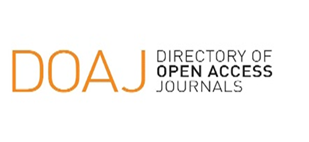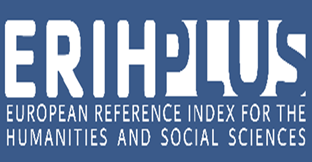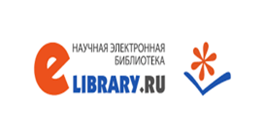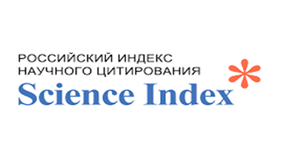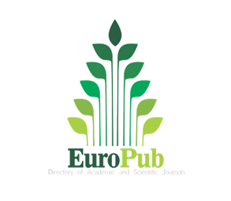Abut-Turk poems or the Voice of Turkestan
Views: 276 / PDF downloads: 188
DOI:
https://doi.org/10.32523/2664-5157-2024-1-135-146Keywords:
Rauf Parfi’s creativity, Turkic poets, creative process, Alisher Navoi’s creativity, genuine poet, pseudo-poet, poetryAbstract
The article is devoted to the study of historical personality and historical theme in the poetry of the famous Uzbek poet Rauf Parfi Ozturk. The object of the research is such poems of the poet as «Mother’s language», «Memory of my father», «Navoi», «Iraqi desert», «Ancient Turks». Historical events in the poetry of Rauf Parfi were studied in comparison with cultural, literary and historical sources. A comparative analysis of the poetry of Rauf Parfi and the works of the outstanding Turkic
poet Alisher Navoi was carried out, in whose works the harmony of human values and ideas can be traced. The article also reveals the meaning of unexplored mystery and mystical secrets in the works of Rauf Parfi and Alisher Navoi, based on the analysis of ayah on the concepts of genuine author and pseudo-author in Surahs of the Holy Quran. It is emphasized that the poetry of Rauf Parfi, who glorified the fate of repressed poets of the Turkestan region, holds a special place in Turkic literature
of the early XX century. The ideas, author’s stance, as well as artistic-poetic and linguisticstylistic characteristics of Rauf Parfi’s works have been comprehensively analyzed.
Downloads
Reference
Alisher Navoij, 2000. Muҳokamat ul-lugatajn. MAT. Vol.16. Tashkent: Fan. P. 10-11. [in Uzbek].
Alisher Navoij,1967. Муҳокаматул-луғатайн, Нашрга тайёрловчи. П. Шамсиев. Асарлар. Ўн беш томлик. Ўн тўртинчи том. Тошкент. Б. 105-132. [in Uzbek].
Alisher Navoiy., 2012. Tola asarlar toplami. O‘n jildlik. Muhokamat ul-lug‘atayn. 10 jild. (Nashrga tayyorlavchi Q.Ergashev) [A collection of works of art. Ten volumes. The discussion is comprehensive. 10 volumes. (Preparer for the publication Q. Ergashev)]. Toshkent: G‘afur G‘ulom nomidagi nashriyot-matbaa ijodiy uyi, P. 506-533. [in Uzbek].
Alisher Navoij, 2017. Muhokamat-l-lugatajn. (Қ.Sodiqov tahlili, tabdili va talqini ostida) [Muhokamat-l-lugatajn. (under the analysis, translation and interpretation of Q. Sodikov)]. Tashkent: Akademnashr. 128 s. [in Uzbek].
Alisher Navaiy, 1940. Muhakamatl lug‘atayn. Nasrga tajjarlavcilar A.Usman, P.Samsıyev [Mukhamatl dictionary. The authors of the prose are A. Usman, P. Samsiyev]. Taskent: Uz SSR goslitizdat. 125 p. [in Uzbek].
V ego poezii bilos’ serdce naroda, [The heart of the people beat in his poetry], 2023.Samarkandskij Vestnik [Elektron. resurs] – URL: V ego poezii bilos’ serdce naroda - zarnews.uz (Accessed: 14. 11. 2023). [in Russian].
Zhўraqulov U., 2015. Nazarij poetika masalalari [Problems of theoretical poetics]. Tashkent: G.Gulom nomidagi nashriyot-matbaa izhodiy uyi. P. 353. [in Uzbek].
Zhўraқulov U., 2022. Ilmi balogatning mansha»i. “Sharqu Garb Renessans adabiyoti: Navoij va Shekspir” mavzuidagi halqaro ilmij-nazarij konferenciya materiallari [The origin of scientific adulthood. Materials of the international scientific-theoretical conference on the topic «Literature of the Eastern and Western Renaissance: Navajo and Shakespeare»]. Tashkent, 22 June. P. 9-32. [in Uzbek].
Qydyr T.E., 2021. Alіsher Nauaidіn «Muhәkәmәtul-lugatain» shygarmasynyn tүrkіtanu salasyndagy manyzy [The importance of Alisher Navoi’s work «Muhakamatul-lugatayn»in the field of Turkic studies]. Turkic Studies Journal. T.3. No3. P. 37-46. [in Kazakh].
Oltinbek O., 2023. Rauf Parfi izhodida Turkiston mavzus [Rauf Parfi on the topic of Turkestan]. «SHARQ-U GʻARB: NAVOIY VA GYOTE» mavzuidagi xalqaro ilmiy-nazariy konferensiya materiallari, 21-iyun [Proceedings of the international scientific-theoretical conference «EAST-WEST: NAVOY AND GOETHE», June 21]. Tashkent: «Nurafshon business». P. 348-359. [in Uzbek].
Rauf Parfi, 2013. Turkiston ruҳi. Sajlanma. sherlar, tarzhimalar [The spirit of Turkestan. lions, translations]. Nashrga tajyorlovchi va sўzboshi muallifi Vafo Fajzulloq [The author of the foreword and preparation for the publication is Vafo Fajzullaq]. Tashkent: “SHARQ” NMAKBT. [in Uzbek].
Rauf Parfi, 2023. Ona tilim [My mother tongue] [Elektron. resurs] –URL: https://www.savoljavob.com/kk/ (Accessed: 14. 11. 2023). [in Uzbek].
Sodikov Q., 2011. “Муҳокамату-л-луғатайн”ни ўқиб ўрганиш. Ўқув қўлланма. Тошкент. 2011. 95 b. [in Uzbek].
Sure 26 Shugara [Surah 26 Shugara], 2023. [Elektron. resurs] URL: https://koran.kz/alty/26 (Accessed: 19. 11. 2023). [in Uzbek].
Hamidova M., 1958. «Muhokamatu-l-lugatajn» ning tanқidij matnini yaratish julida [In the process of creating a critical text of «Muhokamatu-l-lugatajn».]. Adabij meros [Literary heritage]. No2(33). P. 81-84. [in Uzbek].
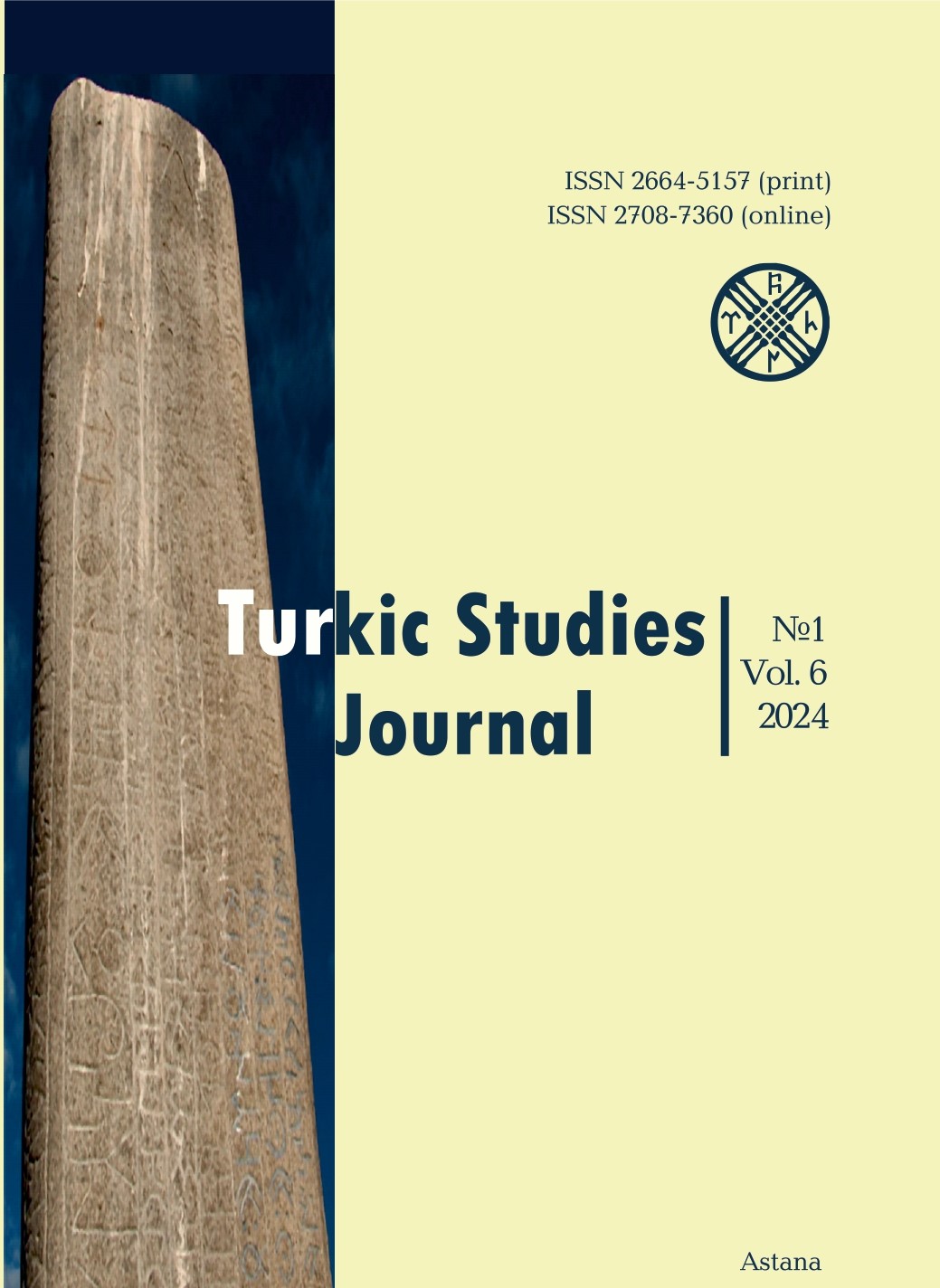
Downloads
Published
How to Cite
Issue
Section
License
Copyright (c) 2024 Turkic Studies Journal

This work is licensed under a Creative Commons Attribution-NonCommercial 4.0 International License.






